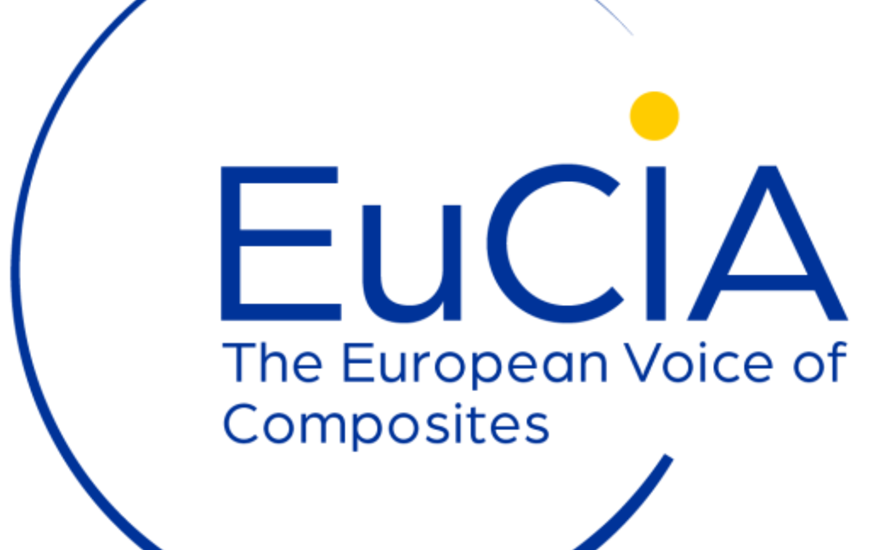EuCIA has released a new publication explaining the valuable role of composite materials in a circular economy. In the drive to achieve net-zero targets, composites are strong enablers of decarbonisation, offering durable, lightweight and adaptable solutions. The unique properties of composite materials align perfectly with circular economy principles. They allow the manufacture of lightweight products with longer lifespans, offer reduced material consumption and waste as well as service life benefits such as energy savings, and support end-of-life reuse and recycling.
EuCIA’s publication discusses the different strategies for composites circularity. These ‘9Rs’ range from redesign (refuse, rethink, reduce), to lifetime extension (reuse, repair, refurbish, remanufacture, repurpose), and finally, recycle. As an example, it explores the potential for extending the useful life of wind turbine blades, demonstrating how composites can continue to provide value beyond their original purpose. The article also presents an overview of composites recycling technologies.
EuCIA is committed to advancing circularity in the composites industry by promoting the circular use of composite products and the industrialisation of sustainable end-of-life solutions. Through the European Circular Composites Alliance (ECCA) we will encourage cross-sector collaboration to realise circular value chains for composites and drive applications for recycled materials.
Download the new publication The value of composites to the circular economy
-

-
29 May 2025






















